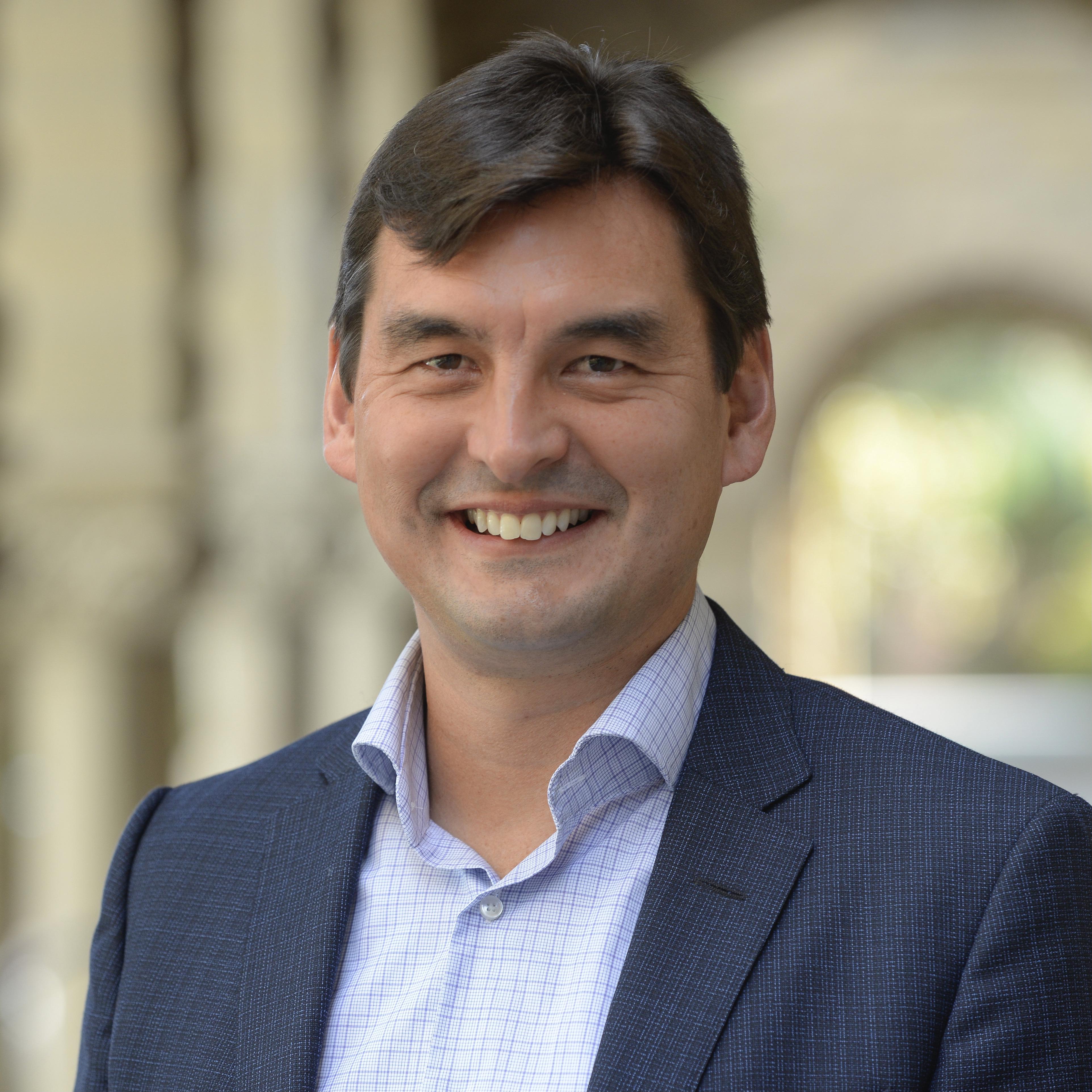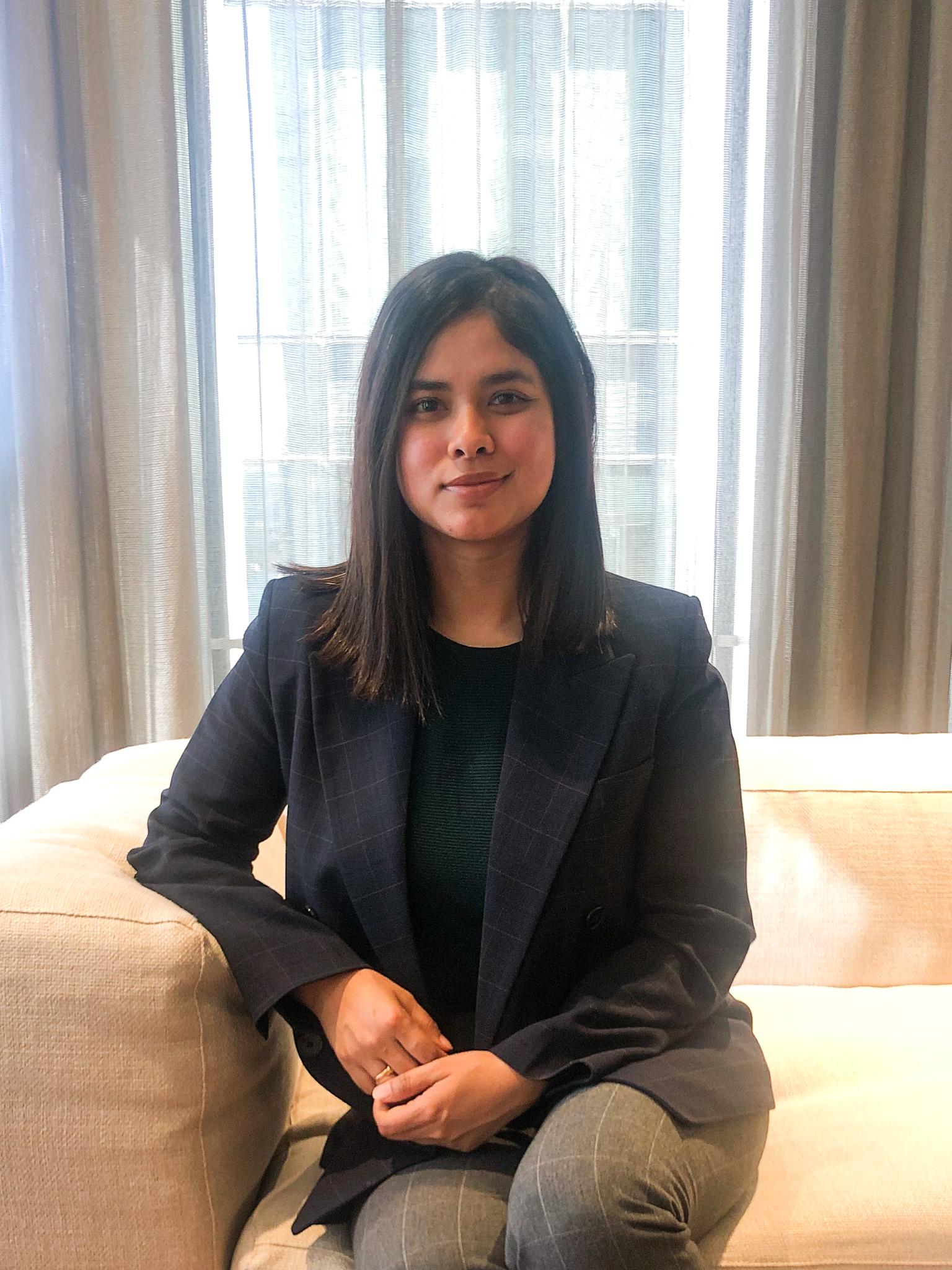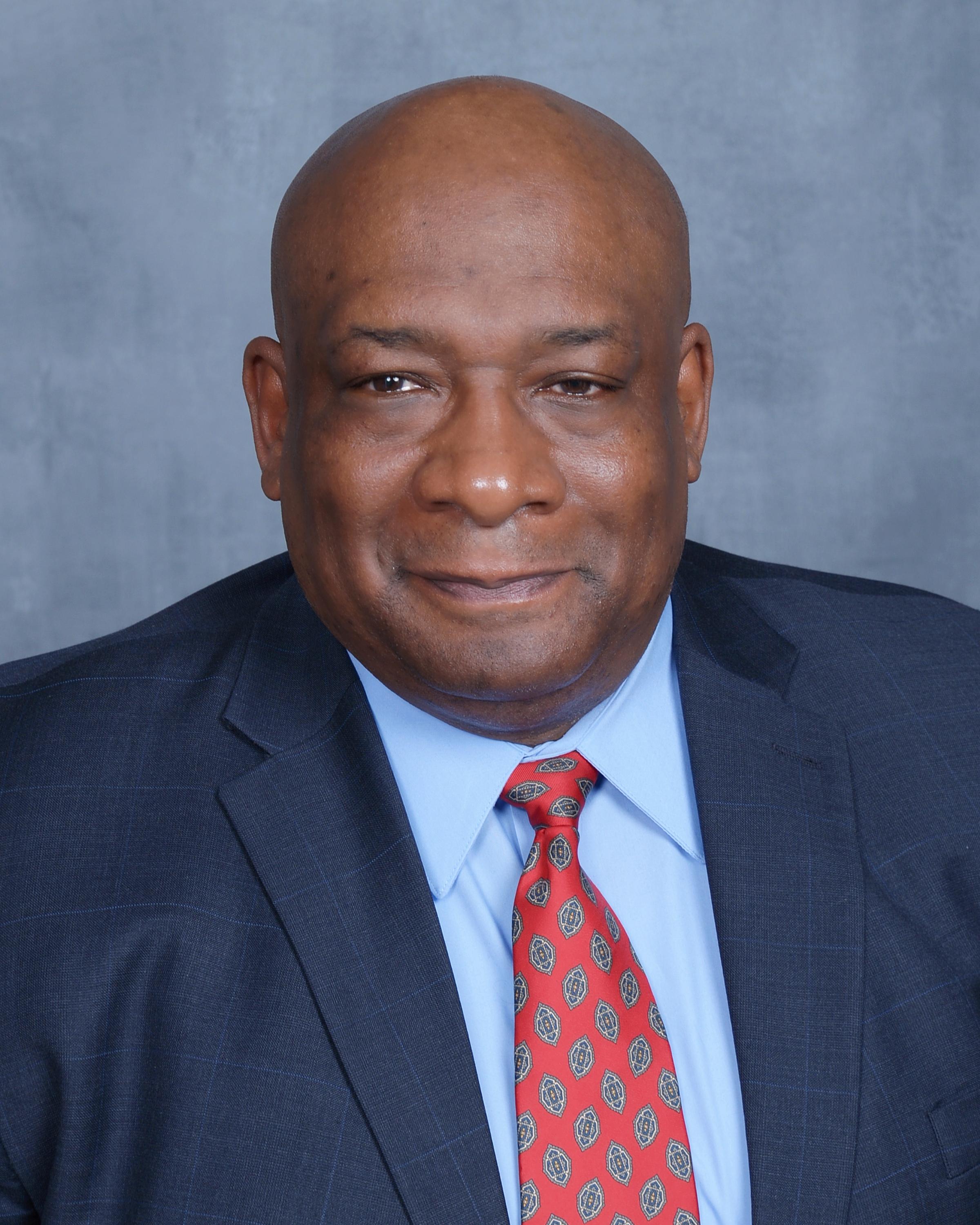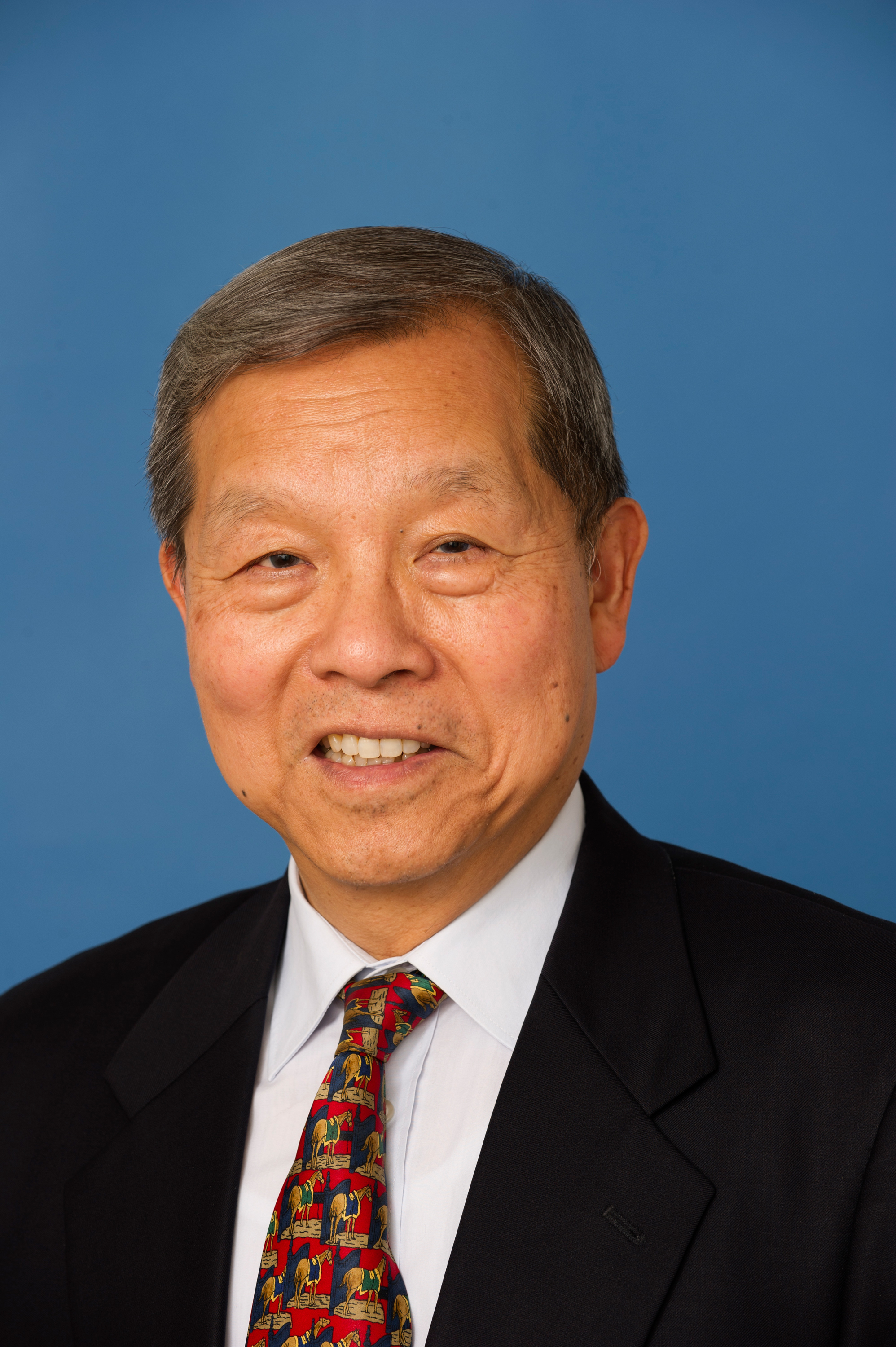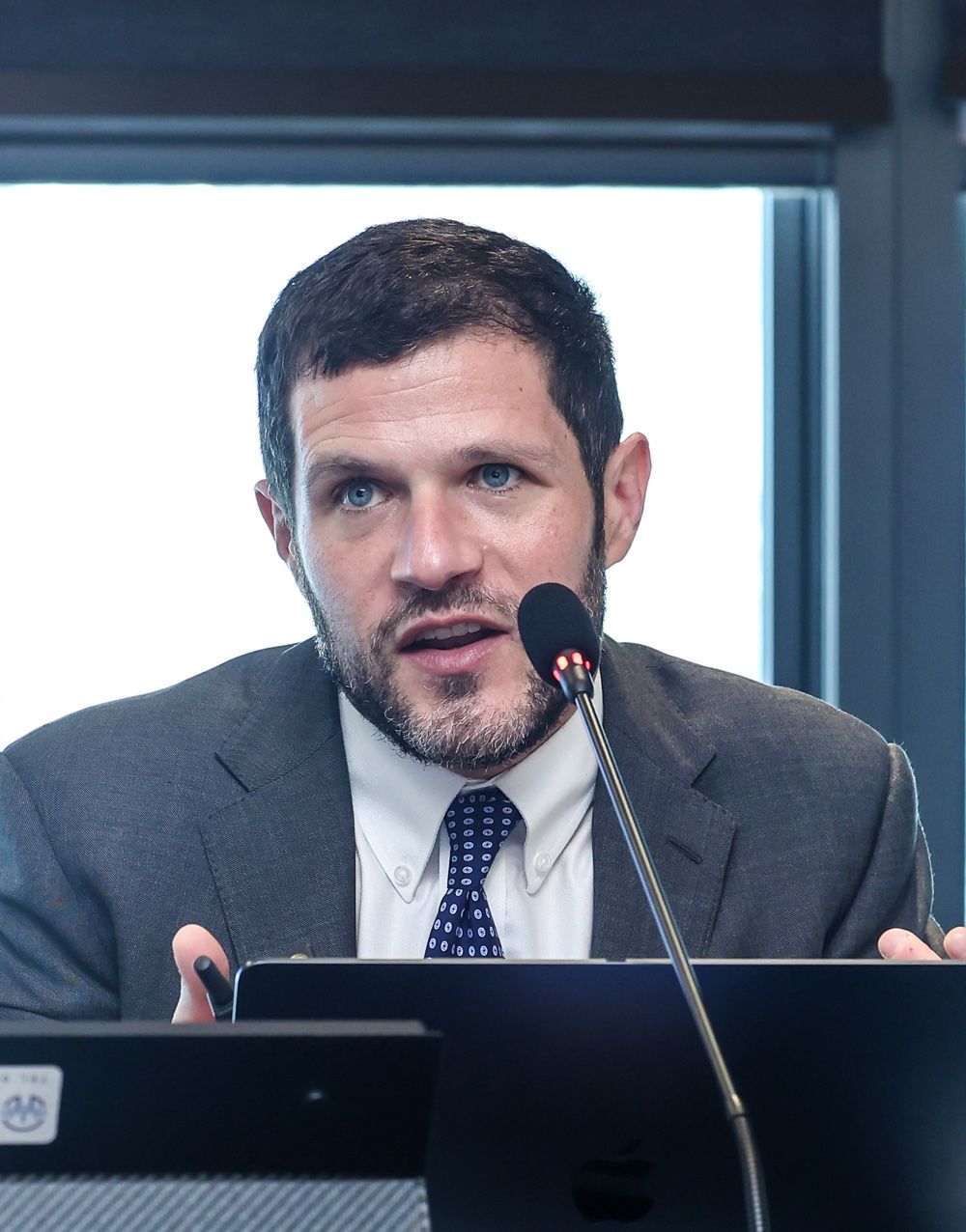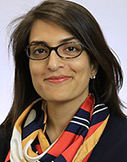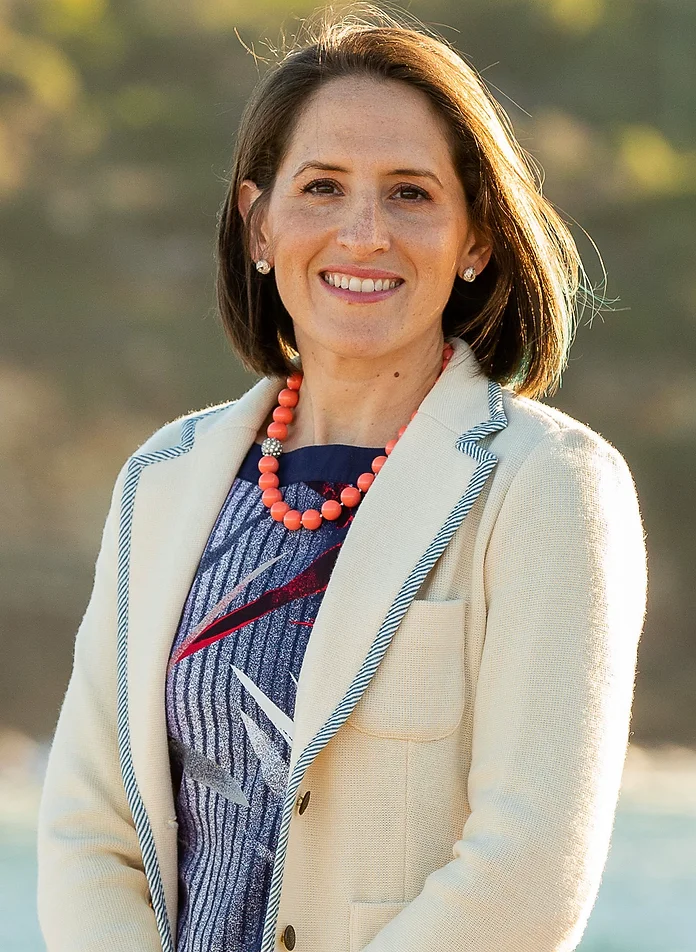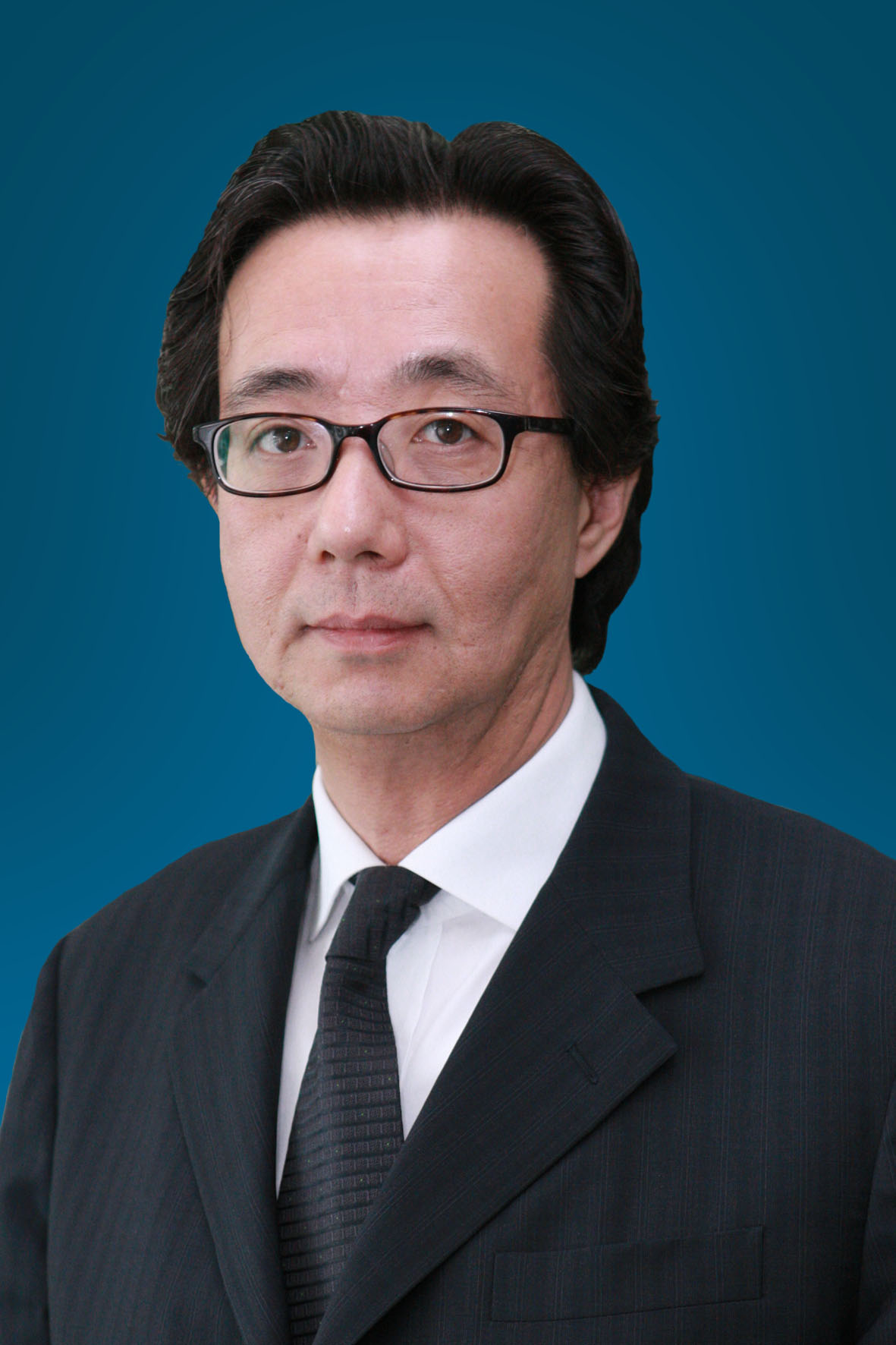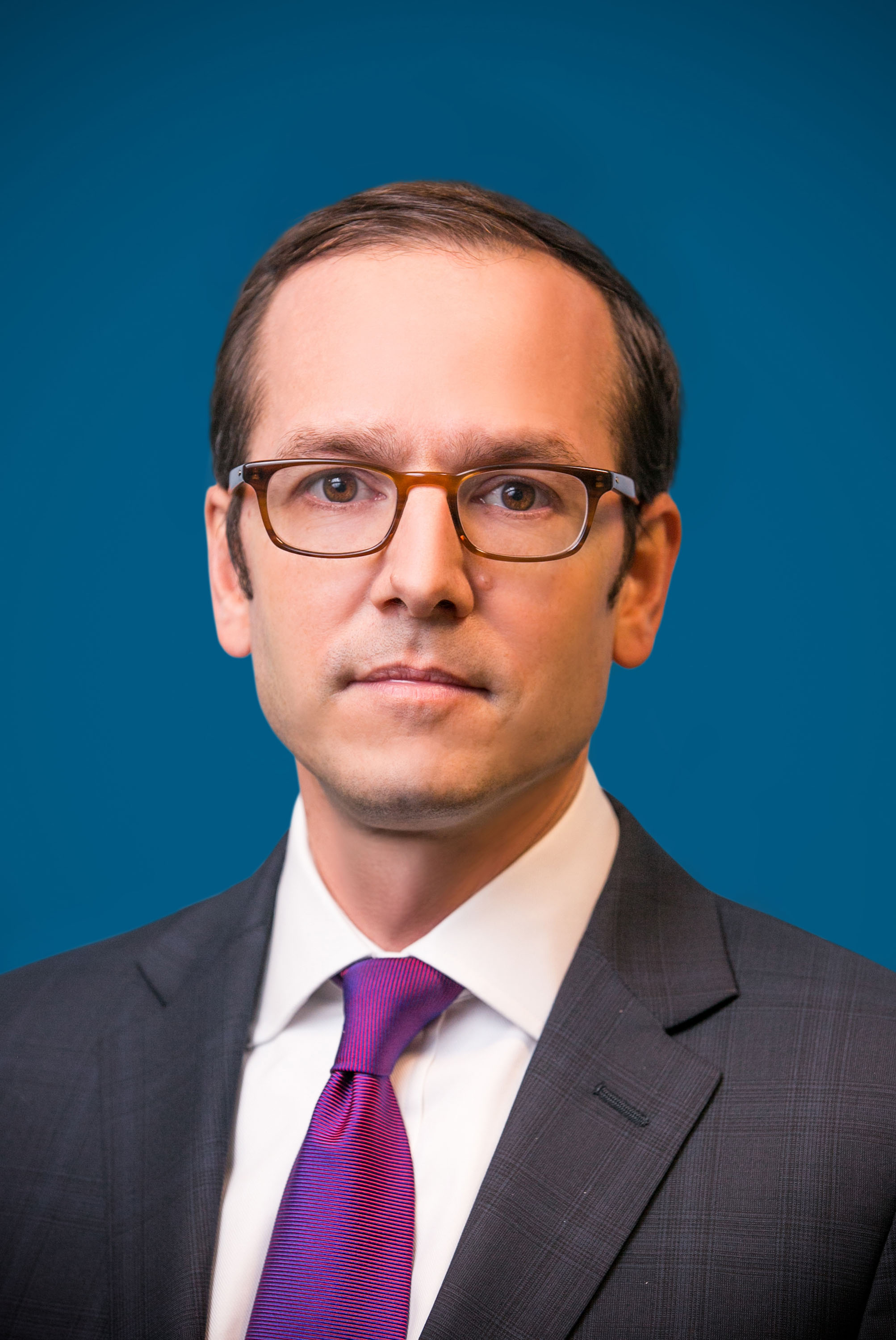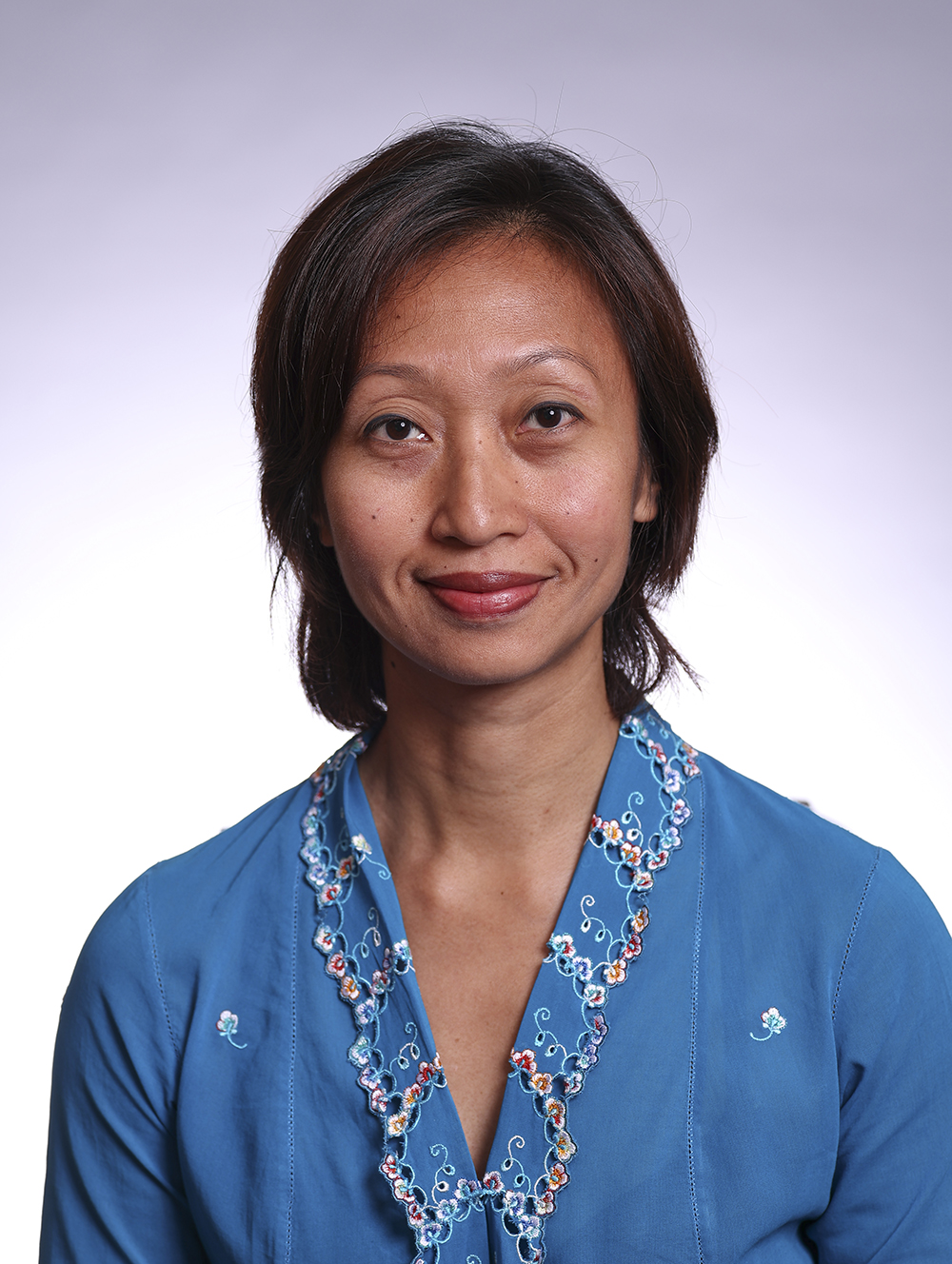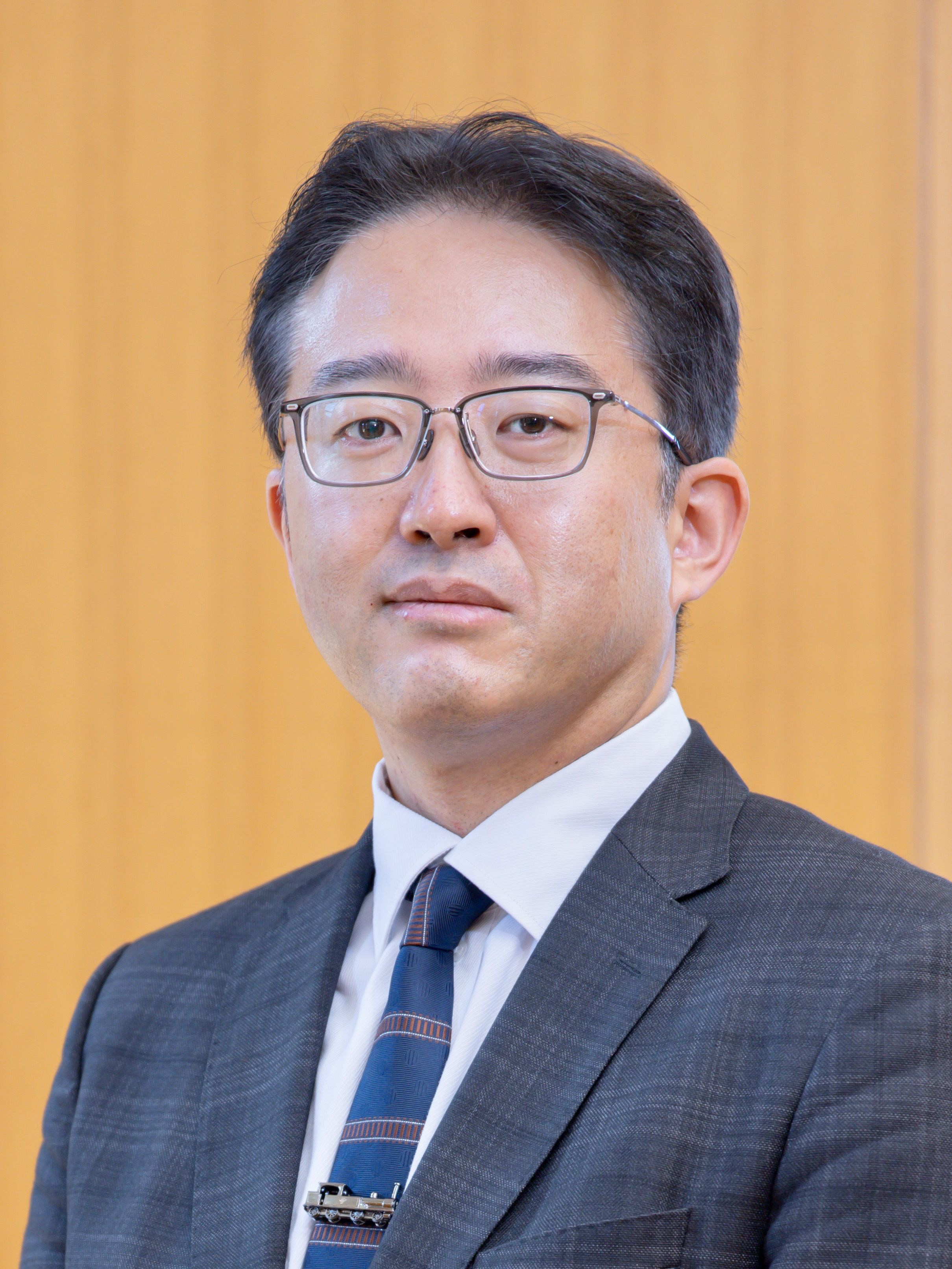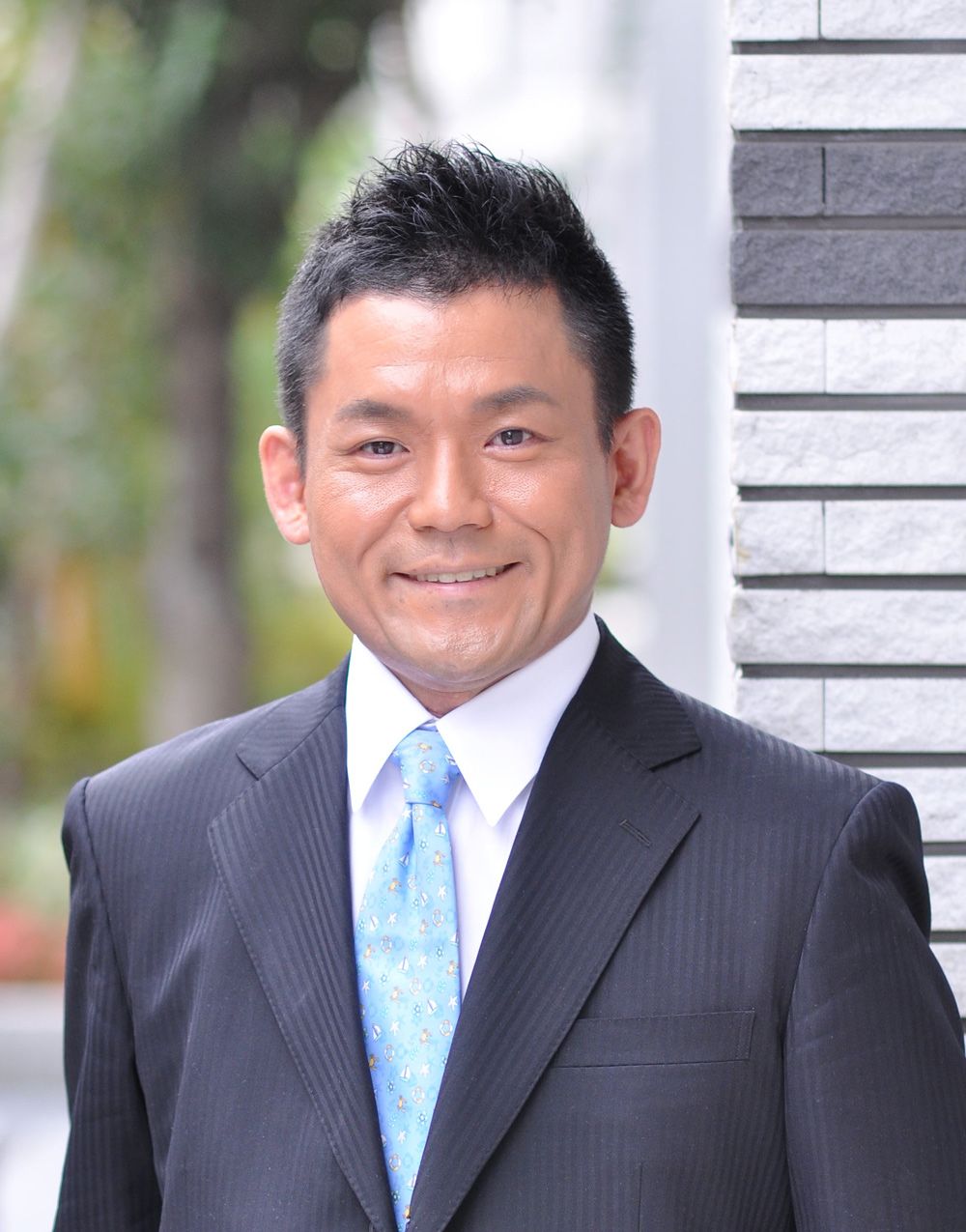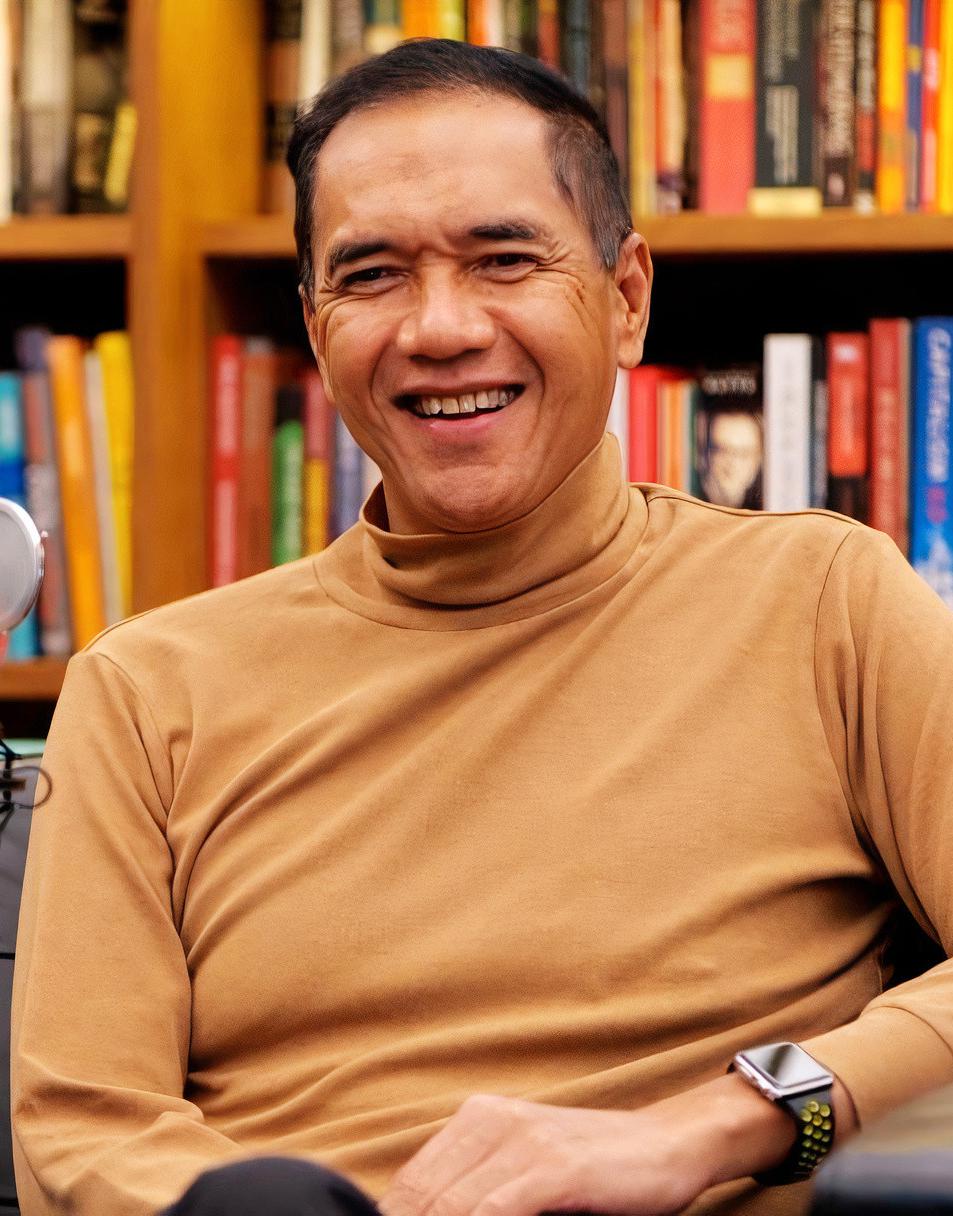
Programs
Asia
About the Program
The Asia Program in Washington studies disruptive security, governance, and technological risks that threaten peace, growth, and opportunity in the Asia-Pacific region, including a focus on China, Japan, and the Korean peninsula.
Program Experts
Dynamic Change in Asia
For three decades, Asia was the world’s most successful region, combining rapid growth with strong economic fundamentals to lift hundreds of millions out of poverty. By 2012, the dominant popular storyline about Asia was of a dynamic and increasingly integrated region, with 53 percent of its trade conducted within Asia itself and a $19 trillion regional economy that was an engine of global growth.
But the last several years have been sobering. Three significant cracks have emerged in this optimistic Asian story—and mitigating these three risks lies at the core of Carnegie’s Asia Program.
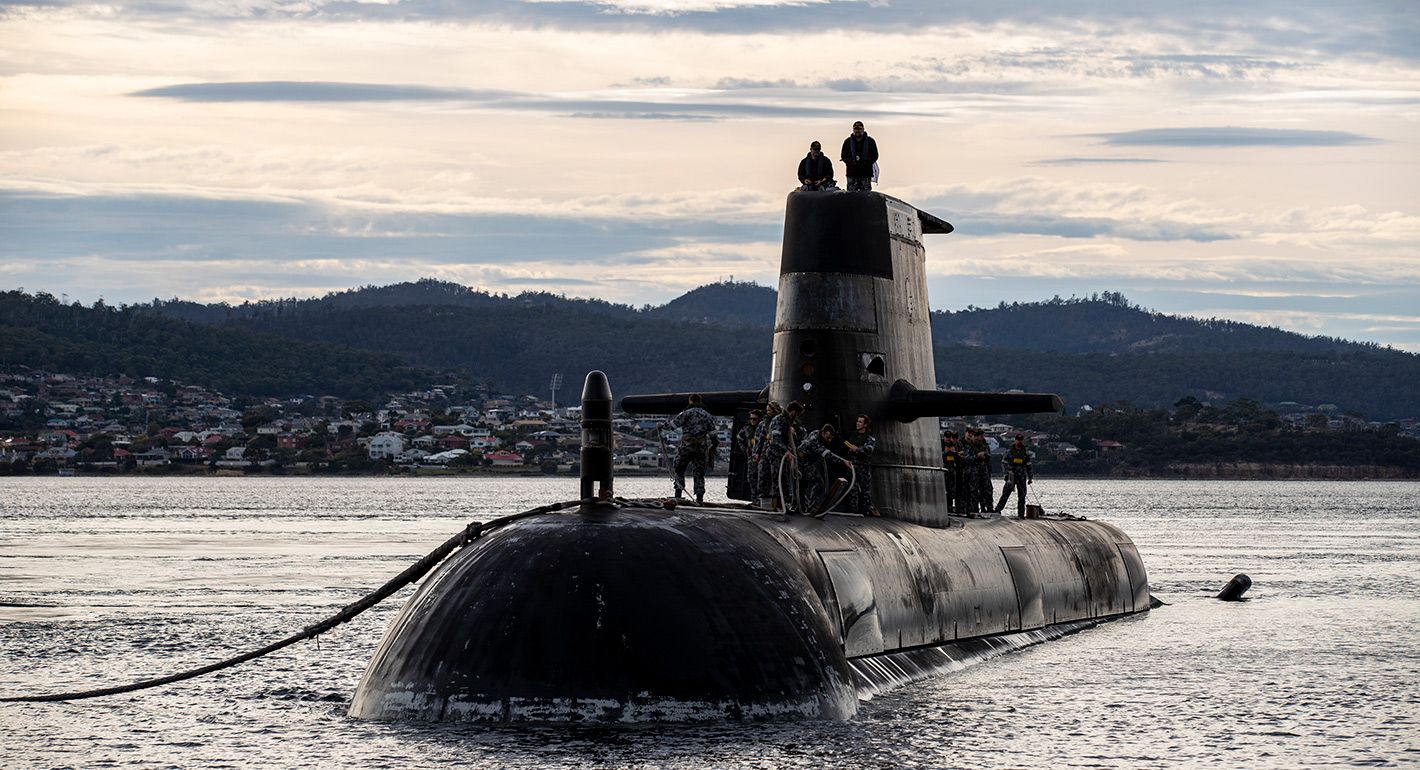
Security
Mitigating disruptive security risks from competition among the big powers.

Technology
Controlling disruptive technological risks arising from new innovations, regulatory diversity, or competing standards.

Governance
Overcoming disruptive governance risks from weak institutions, uneven state capacity, or insufficiently inclusive growth.
Our Areas of Focus
While Carnegie’s Asia-related programs range widely across diverse topics and disparate East and South Asian geographies, nearly every Asia-related project or initiative across our global platform addresses one or another of these three cracks and their effects and prescribes solutions. Simply put, while our Asia programs are diverse, taken together they comprise a coherent effort to address these three disruptive risks in Asia.

China and the World
We explore China’s power and growing capacity for action, its strategies and tactics around the world, and the challenges it faces at home.

Innovative Japan, Global Japan
Our work explores Japanese ideas and innovations that will transform technology, industry, the future of work, and defense and security.
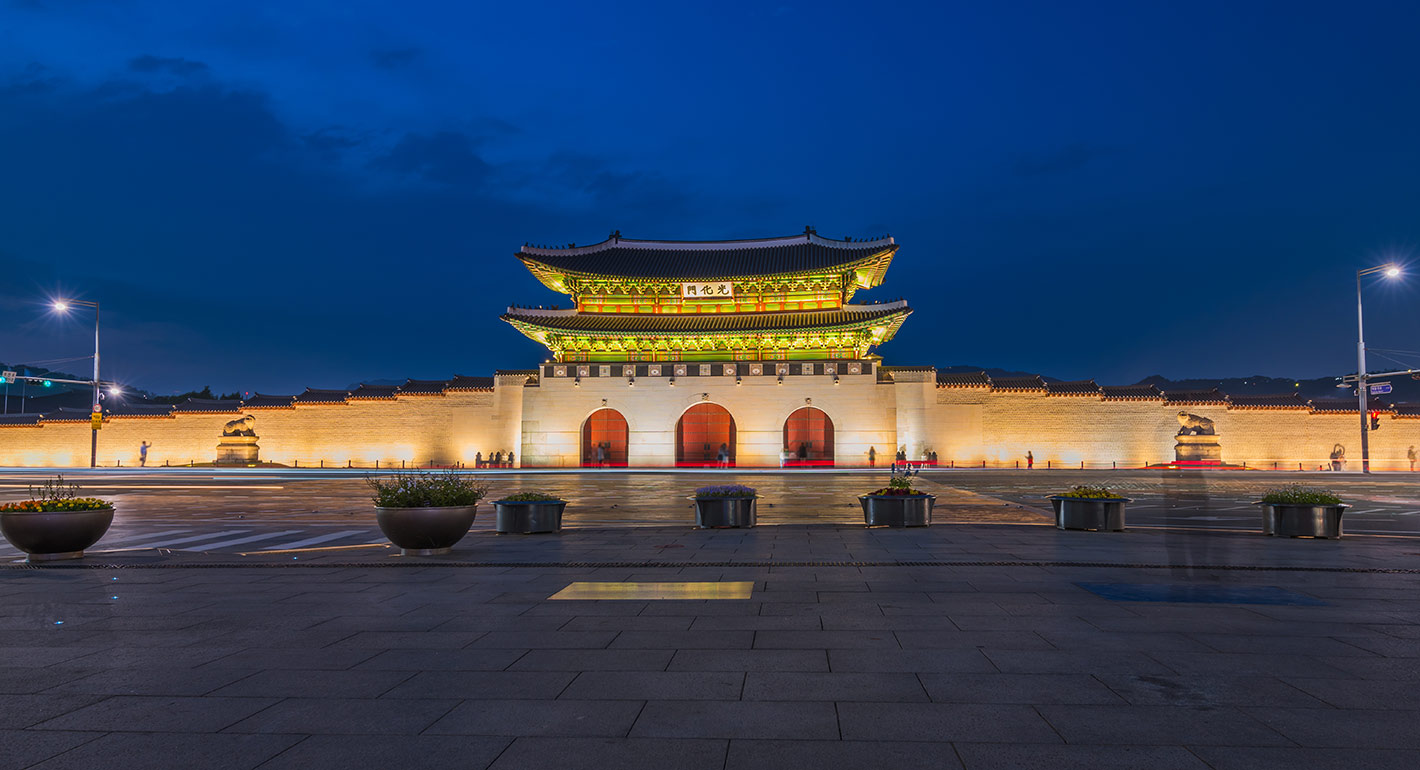
Korea: Emerging Player
We offer incisive analysis and recommendations on key aspects of policy around the Korean Peninsula—and Korea’s growing role as a tech player and standard setter.

Taiwan and the Future of the Strait
Our work explores issues and challenges facing one of Asia's largest economies, as well as critical issues in cross-Strait relations.

Economic Risk in Asia
We study disruptive risks: weak institutions, uneven state capacity, challenges to growth, regulatory diversity, and trade conflict.

Southeast Asia’s Diverse Futures
We offer a textured understanding of Southeast Asian domestic and regional dynamics, avoiding analysis that treats the region as a proxy for the competition of outside powers.
Dedicated Projects
Carnegie Asia has also developed several innovative, distinctively branded deep-dive projects.

China Local/Global
Carnegie has launched an innovative body of research on Chinese engagement in seven regions of the world—Africa, Central Asia, Latin America, the Middle East and North Africa, the Pacific, South Asia, and Southeast Asia—exploring the adaptive Chinese strategies that work within local realities and are mostly ignored by Western policymakers.

Indian Ocean Initiative
The Carnegie Asia Program’s Indian Ocean Initiative serves as as a hub for research and scholarship related to the Indian Ocean and its island states and territories.

Alliance Future: Rewiring Australia and the United States
The Carnegie Asia Program’s “Alliance Future” project aims to ensure that Canberra and Washington are working to operationalize and integrate their alliance in new ways.


